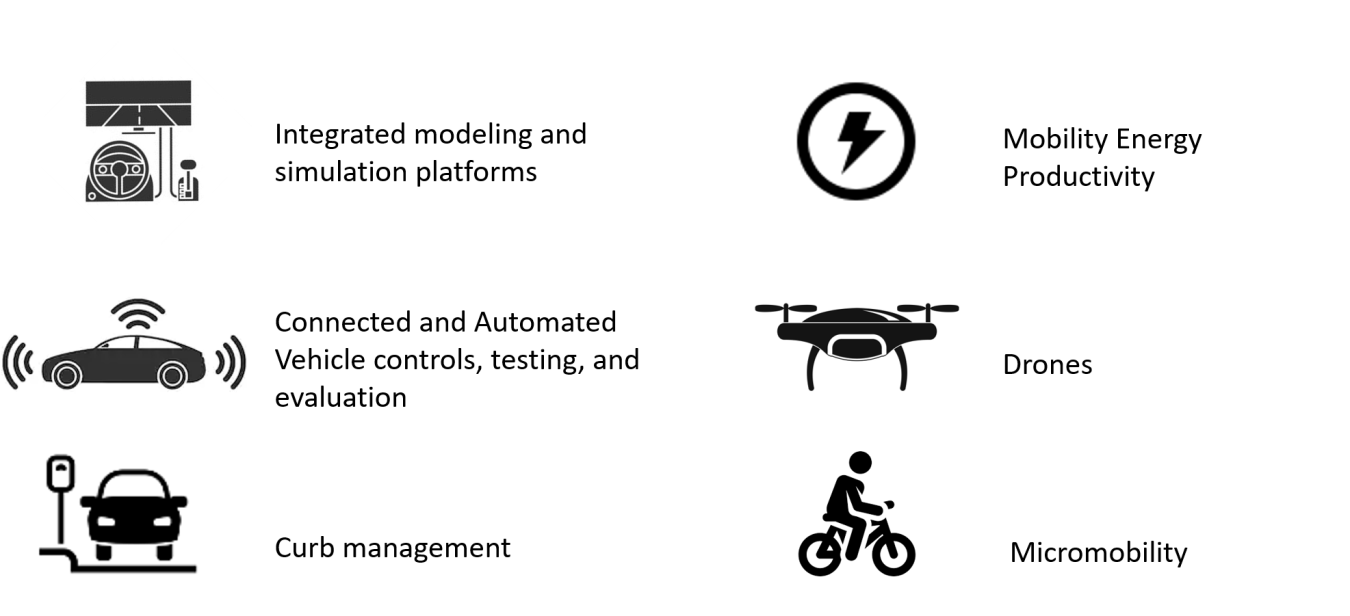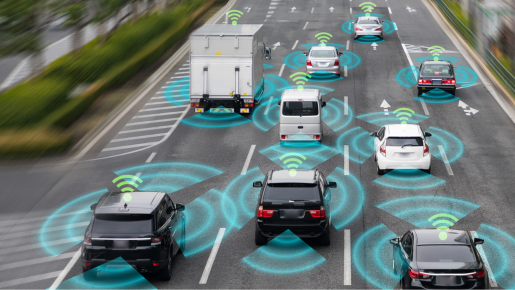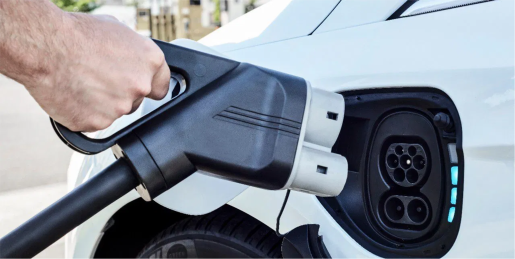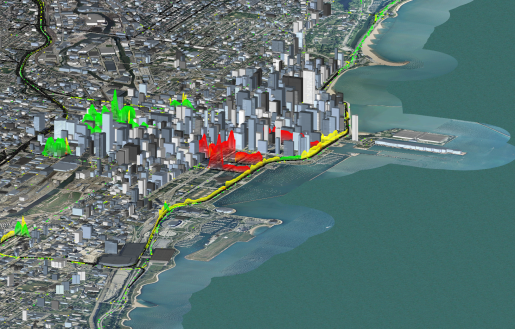Transportation drives our nation’s economy. Each year, vehicles transport 11 billion tons of freight- about $35 billion worth of goods each day- and move people more than 3 trillion vehicle-miles. Sustaining our economic prosperity requires transportation, but our nation’s current transportation system is energy-intense. The transportation sector accounts for ~30% of total U.S. energy needs and 70% of U.S. petroleum consumption. Additionally, the average U.S. household spends >15% of its total family expenditures on transportation, making it the most expensive spending category after housing.
The Energy Efficient Mobility Systems (EEMS) Program supports the Vehicle Technologies Office's (VTO) mission to improve transportation energy efficiency through low-cost and secure energy technologies. EEMS conducts early-stage research and development (R&D) at the vehicle, traveler, and system levels, creating knowledge, insights, tools, and technology solutions that increase mobility energy productivity for individuals and businesses. This multi-level approach is critical to understanding the opportunities that exist for optimizing the overall transportation system. The EEMS Program uses this approach to develop tools and capabilities to evaluate the energy impacts of new mobility solutions, and to create new technologies that provide economic benefits to all Americans through enhanced mobility.
SMART Mobility Laboratory Consortium
The SMART (Systems and Modeling for Accelerated Research in Transportation) Mobility Laboratory Consortium is a multi-year, multi-laboratory collaborative dedicated to further understanding the energy implications and opportunities of advanced mobility solutions.
In FY2020, the EEMS Program concluded the first phase of research under “SMART Mobility 1.0,” a 3-year effort consisting of 5 national laboratories and 30+ projects spanning 5 coordinated research pillars:
- Advanced Fueling Infrastructure
- Connected and Automated Vehicles
- Mobility Decision Science
- Multi-Modal Freight
- Urban Science
At the conclusion of the first phase of SMART Mobility, EERE published six SMART Mobility Capstone reports summarizing the Consortium’s research methods, results, and insights. Findings were also highlighted in a monthly webinar series. See key insights in the photo gallery below:
Building upon the research results and insights from the first phase of SMART Mobility, EEMS launched “SMART Mobility 2.0” in FY2020. SMART Mobility 2.0 is comprised of 6 National Laboratories and supports continuing research from SMART 1.0 as well as new research projects. The Consortium is the EEMS Program’s primary effort to create tools and generate knowledge about how future mobility systems may evolve and identify R&D gaps that the EEMS Program may address through its research portfolio. The Consortium includes several analytical projects on various aspects of the transportation system illustrated below:


EEMS Reports & Publications

Funding Opportunities

Newsletters







